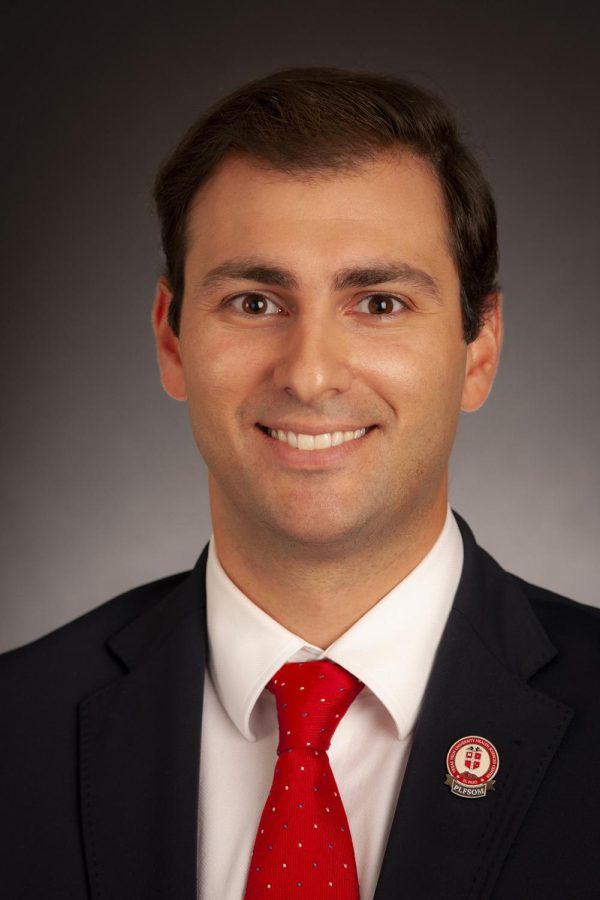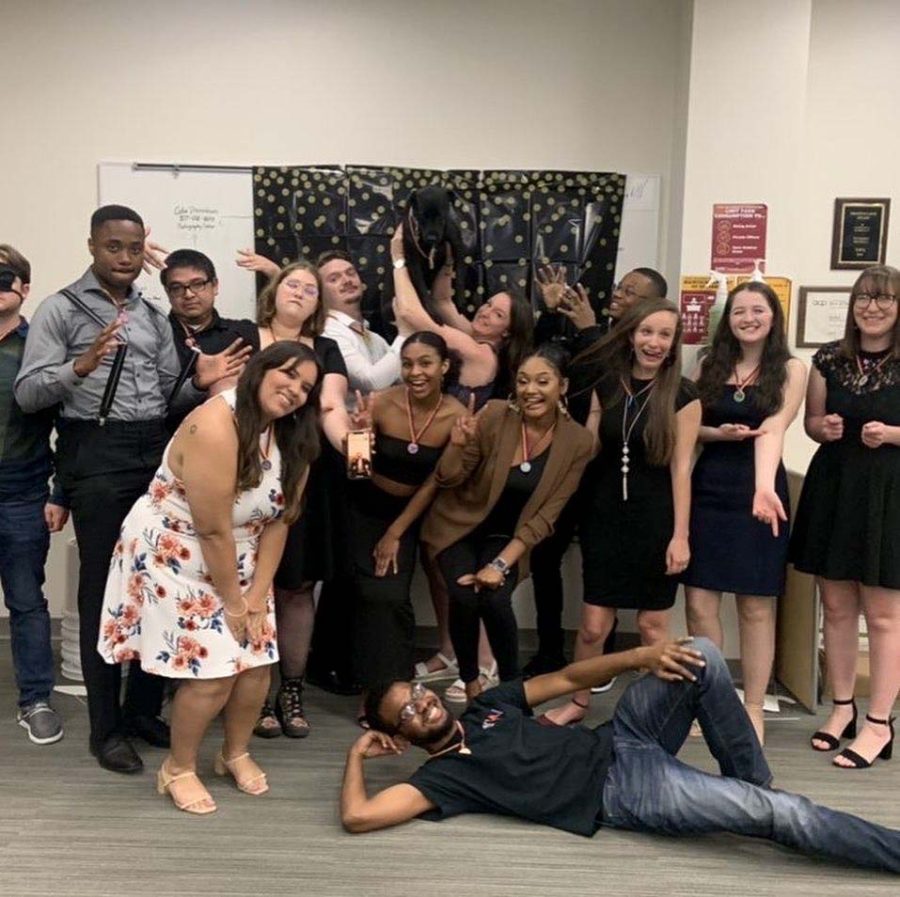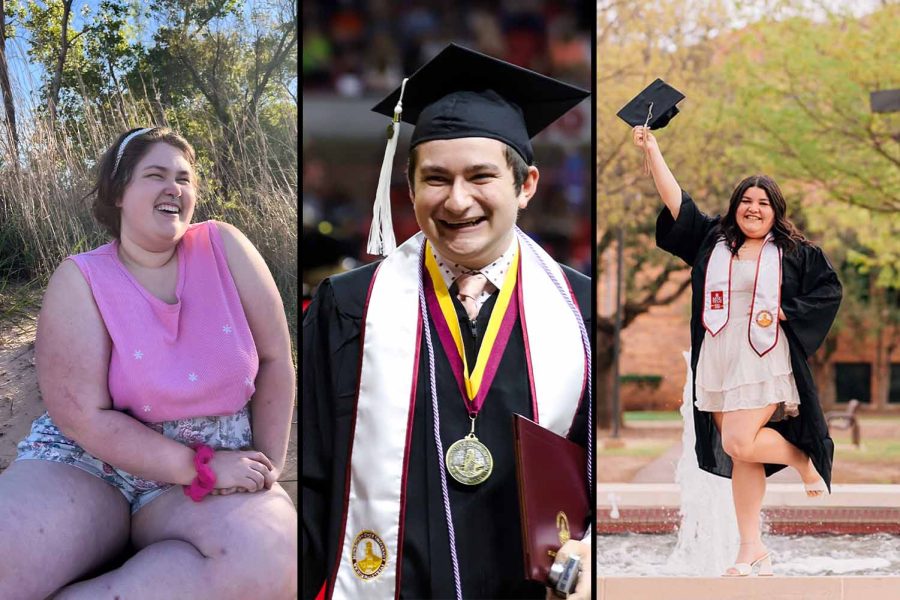
A liberal arts education undeniably has a politically-charged history. Although the term derives from the Latin word “liberalis” (meaning gentlemanlike, open-handed, or generous), the “artes liberales” were the core components of education in ancient Greece and focused on what they considered the essentials for liberty (libertas) and being a free citizen (liberum civem), i.e., a study of language, specifically rhetoric, grammar and logic. The knowledge and study of language, in other words, was a fundamental aspect of education for the free citizenry.
Obviously, a liberal arts education has changed since antiquity, and now it is more broadly defined as emphasizing a “broad knowledge of the wider world [… which] helps students develop a sense of social responsibility as well as strong intellectual and practical skills,” according to the Association of American Colleges and Universities. Foreign language teaching and learning has also evolved since the time of the original liberal arts, and more modern approaches place a strong emphasis on cultural studies. In fact, according to the Modern Language Association, students who study foreign languages now are trained “to reflect on the world and themselves through the lens of another language and culture.”
That is, the desired outcome of foreign language study is to develop a citizenry that is both bilingual and bicultural, if not multilingual and multicultural.
Studying foreign languages also has practical benefits in addition to developing one’s multitasking skills, improving memory, and increasing problem-solving skills. Thunderbird School of Global Management reports that 82 percent of its alumni “acknowledged receiving a competitive edge from their foreign language abilities.” A research study by the Federal Reserve Bank of Philadelphia found that “college graduates who speak a second language earn, on average, wages that are 2 percent higher than those who don’t.” Businesses understand that there are some 22 million persons living in the U.S., and 75 percent of the world, who do not speak English at all. In fact, the Census Bureau reports that 34 percent of the Texas population, and even 15 percent of Wichita Falls, speaks a language other than English at home.
Study of a foreign language and culture, then, is important for both personal and economic reasons. In a world that is becoming more and more global, the demand for bilingual and bicultural graduates is ever increasing, and the study of languages helps to bridge the gap between professional competency and interpersonal skills, truly resulting in a better, well-rounded citizen. As the Committee for Economic Development has affirmed: “American companies lose about $2 billion each year because they lack adequate cross-cultural skills.”
As an institution, MSU has noted the globalization of its student body; its website notes that MSU students come from 53 different countries. MSU’s most recent strategic plan includes a goal to “Foster and support a global orientation and an emphasis [on] serving diverse populations.” The plan goes on to say that “Most future students will be comfortable with cultural diversity. At the same time, they face a world in which careers will not be a matter of moving to another city, but sometimes to another country. Universities will need to prepare students to effectively work within the global economy.” The mission statement of the College of Humanities and Social Sciences states that “the college thus prepares all students, regardless of major, for future success in a rapidly changing world of globalization and specialization.”
Students at MSU are also taking notice. In fact, from fall 2013 to fall 2014, student enrollment (headcount) in the Department of Foreign Languages is up 8.8 percent. The student credit hour increase is even higher at 12.7 percent. And the students that fill our classrooms come from many colleges, not just the Prothro-Yeager College of Humanities and Social Sciences. An examination of the data reveals that our majors have declared minors in art, education, mass communication, and the sciences. As well, some 12 percent of our majors are double-majors, with their other concentration of study involving a field working with the public. This trend, in fact, mirrors the national norm; according to the Teagle Report, the most common major for students who double major is a foreign language.
In our globalized society, contact with other cultures and languages is inevitable, and any amount of study of a foreign language can begin to expand our understanding of the economic, historical, cultural, and religious differences of our own complex society. The United States has been a leading country in multiculturalism since its foundation, and the mosaic of cultures and nationalities represented in Wichita Falls and at MSU easily attests to that. Foreign language study provides students with a more sophisticated knowledge of both their own and other cultures and peoples and, consequently, offers opportunities for self-improvement and the strengthening of the nation at large. This discipline, a fundamental part of the liberal arts, undergirds liberty itself. Why not come join us?
Jeffery Oxford is a Spanish professor and foreign language chair.















